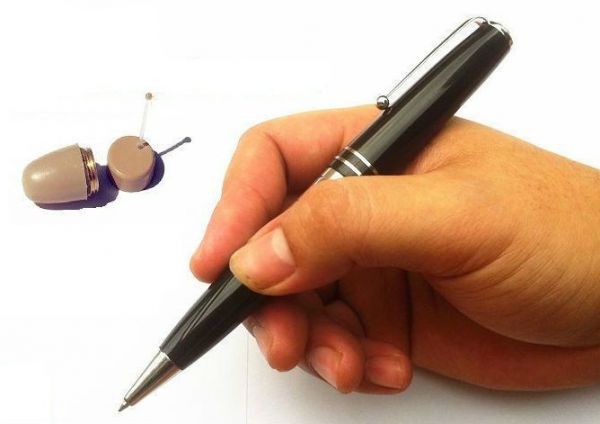
Bezdrátové PC a TV pero - bluetooth pero, fungující jako klasická optická myš k PC nebo TV - dstechnik.cz

Multifunkčné Bluetooth Slúchadlá čistiace Pero Na Slúchadlá Prípade Klávesnice Mobilného Telefónu Bluetooth Headset Box Plnenie Priestoru objednávky < Spotrebná Elektronika / Cvckuliskova.sk

Samsung dotykové pero S-Pen s Bluetooth slúchadlom pre Samsung Galaxy Note 10.1/Note 2, biela | Asbis SK

Bezdrátové PC a TV pero - bluetooth pero, které funguje jako klasická optická myš k počítači nebo TV - hitobchod.cz

Samsung dotykové pero S-Pen s Bluetooth slúchadlom pre Samsung Galaxy Note 10.1/Note 2, biela | Asbis SK

YurKem magnetické bezdrôtové nabíjacie pero dotykové pero pre Apple Ipad dotykové pero Bluetooth rýchlonabíjacia ceruzka Anti-dotykové pero na tablet – kúpiť za nízke ceny v internetovom obchode Joom

Zľava Aktívne Stylus Dotykové Pero na Kreslenie Tablet Telefón s Palm Odmietnutie Bluetooth Napájanie Displej Pre iPad Air3/4 2021 2020 2019 2018 / Mobilné telefóny, príslušenstvo - www.trefl.sk

Kreatívna osobnosť Náhradné pero pre telefón Pero s dvoma kartami Mini študentské Bluetooth Multifunkčný prenosný telefón | Fruugo SK

YurKem magnetické bezdrôtové nabíjacie pero dotykové pero pre Apple Ipad dotykové pero Bluetooth rýchlonabíjacia ceruzka Anti-dotykové pero na tablet – kúpiť za nízke ceny v internetovom obchode Joom

Kreatívna osobnosť Náhradné pero pre telefón Pero s dvoma kartami Mini študentské Bluetooth Multifunkčný prenosný telefón | Fruugo SK

Koupit Aktivní dotykové elektromagnetické pero T970 T870 T867 Bez Bluetooth kompatibilní Kompatibilní pro Galaxy TabS7S6Lite | Joom












